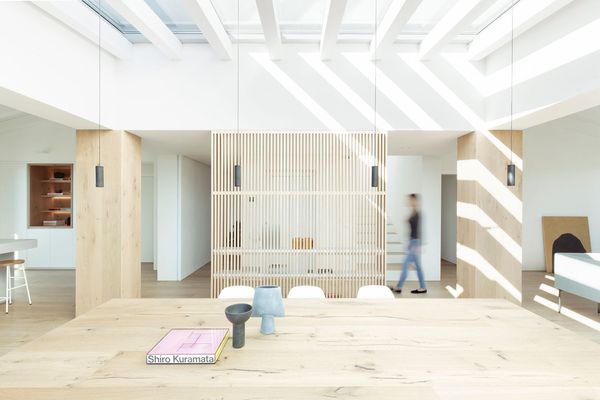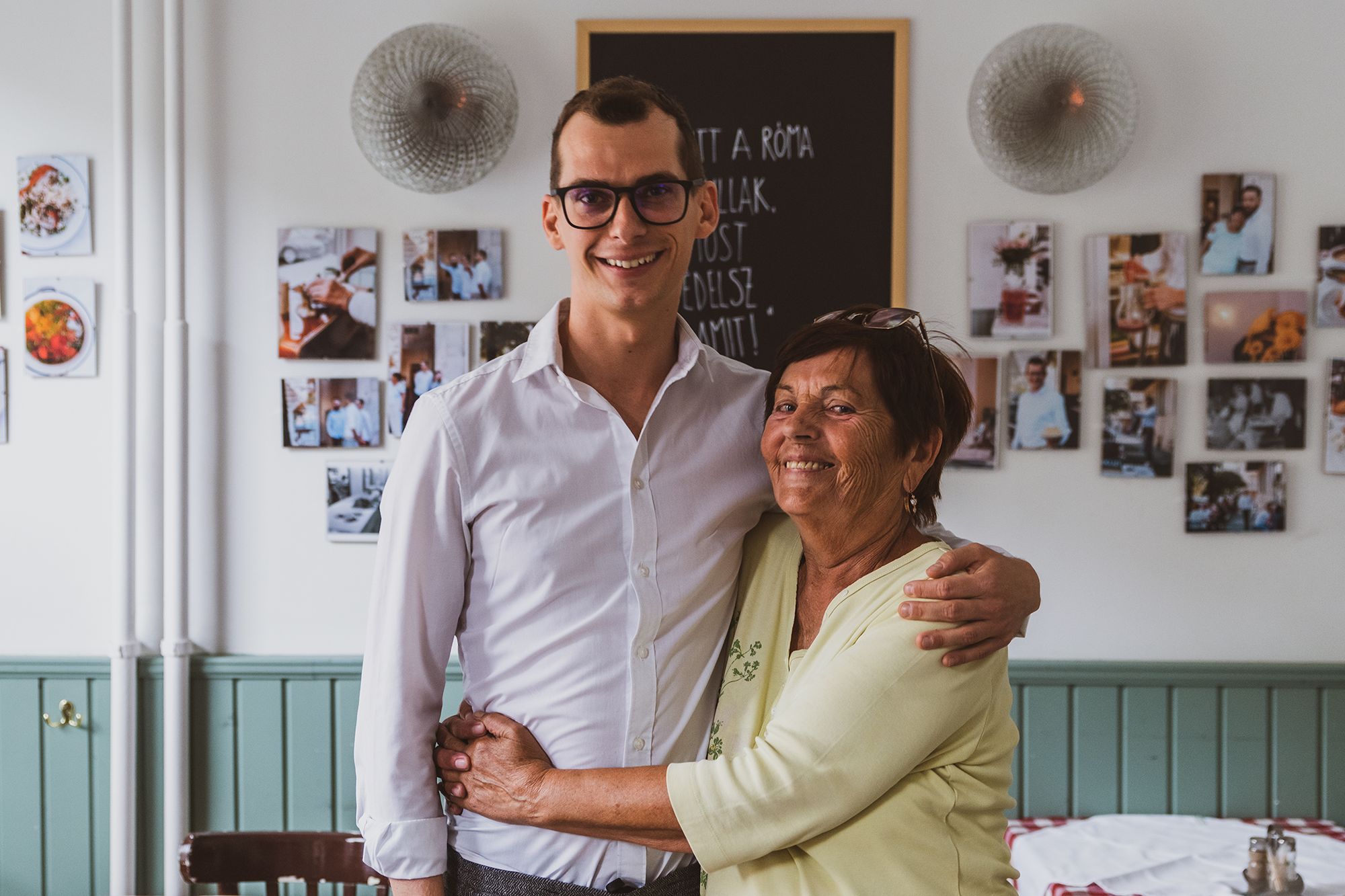In the third episode of our weekly series, we introduce figures of Hungarian gastronomy who, even though work on different fields still have a positive outlook on the future. The latest episode features a bike delivery person with two degrees, a chef also having experience in foreign restaurants, a figure of hospitality shaping the lives of generations and a graphic designer inviting hungry guests for a trip between Calcutta and Cairo. The joint campaign of Piqniq Budapest and Mastercard.
Márton Keve
The Etesd a dokit! (Feed the Doc!) the initiative originally starting as a Facebook group brought together the socially sensitive figures of gastronomy in an unprecedented manner, who contributed their expertise, infrastructure, stock or logistics organizational skills to the project. And the undertaking was a very noble one: they provided high-quality and fresh lunch to healthcare workers from the outbreak of the epidemic in Hungary until the middle of summer. The group was founded by Márton Keve, who was supposed to start working as the chef of Easy Wine in March, having returned to Hungary after 12 years of working abroad. Then came the pandemic, and due to the sudden closing of restaurants, he remained without work in a very well-equipped kitchen. He started cooking for charity with the support of the restaurant’s owner, and then he delivered the meals to healthcare workers assigned to COVID units. Seeing the continuously rising number of patients, now they decided to once again help the exhausted healthcare workers and so they launched Etesd a dokit 2 (Feed the Doc 2).
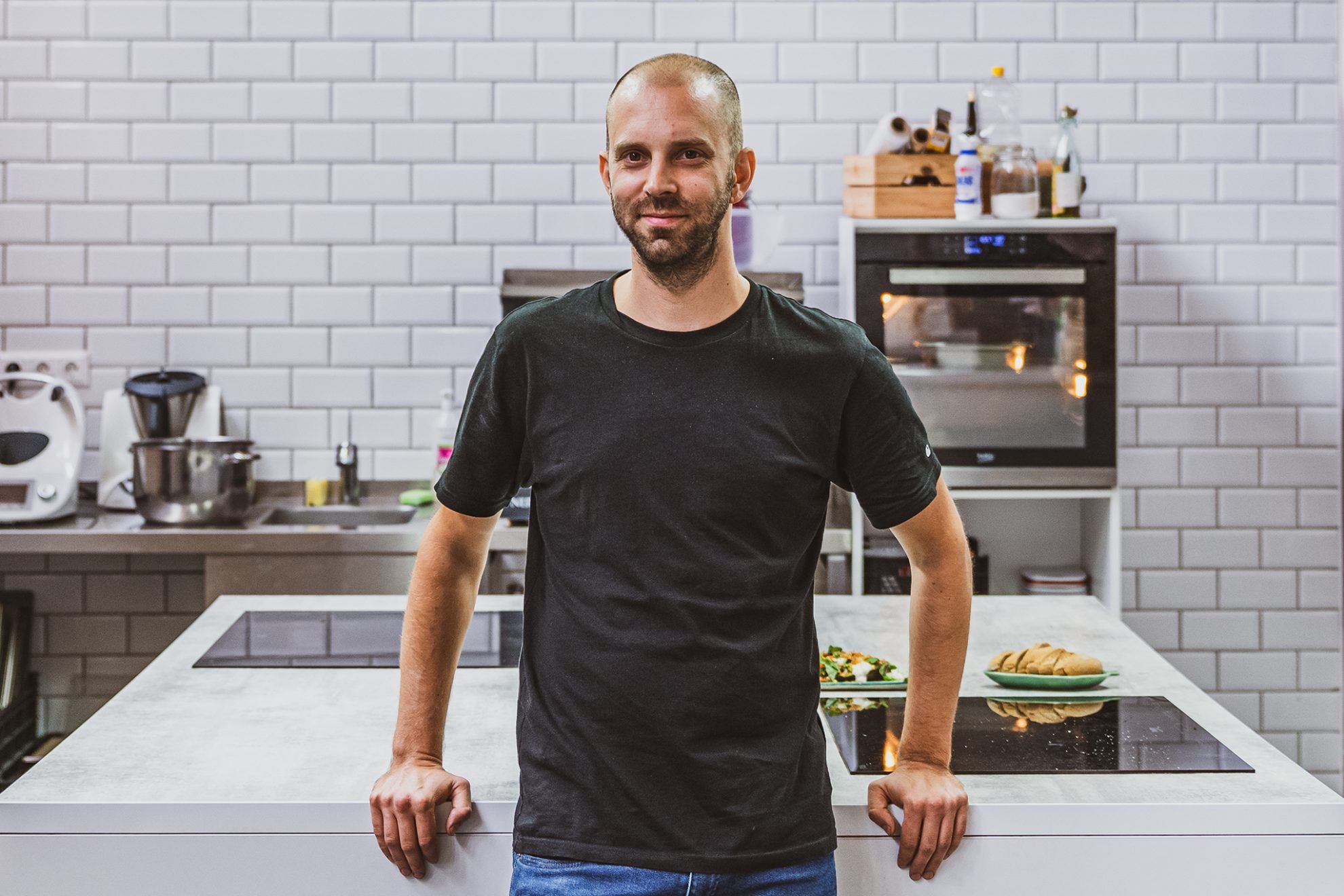
“Creating something good out of modest ingredients, using every crumble, and cooking tasty meals without experimenting – this is what I learnt suddenly.”
Zita Pancsovay
“Feeding people is very important to me, and I believe that people joining forces instead of dissension is what has the most value.”
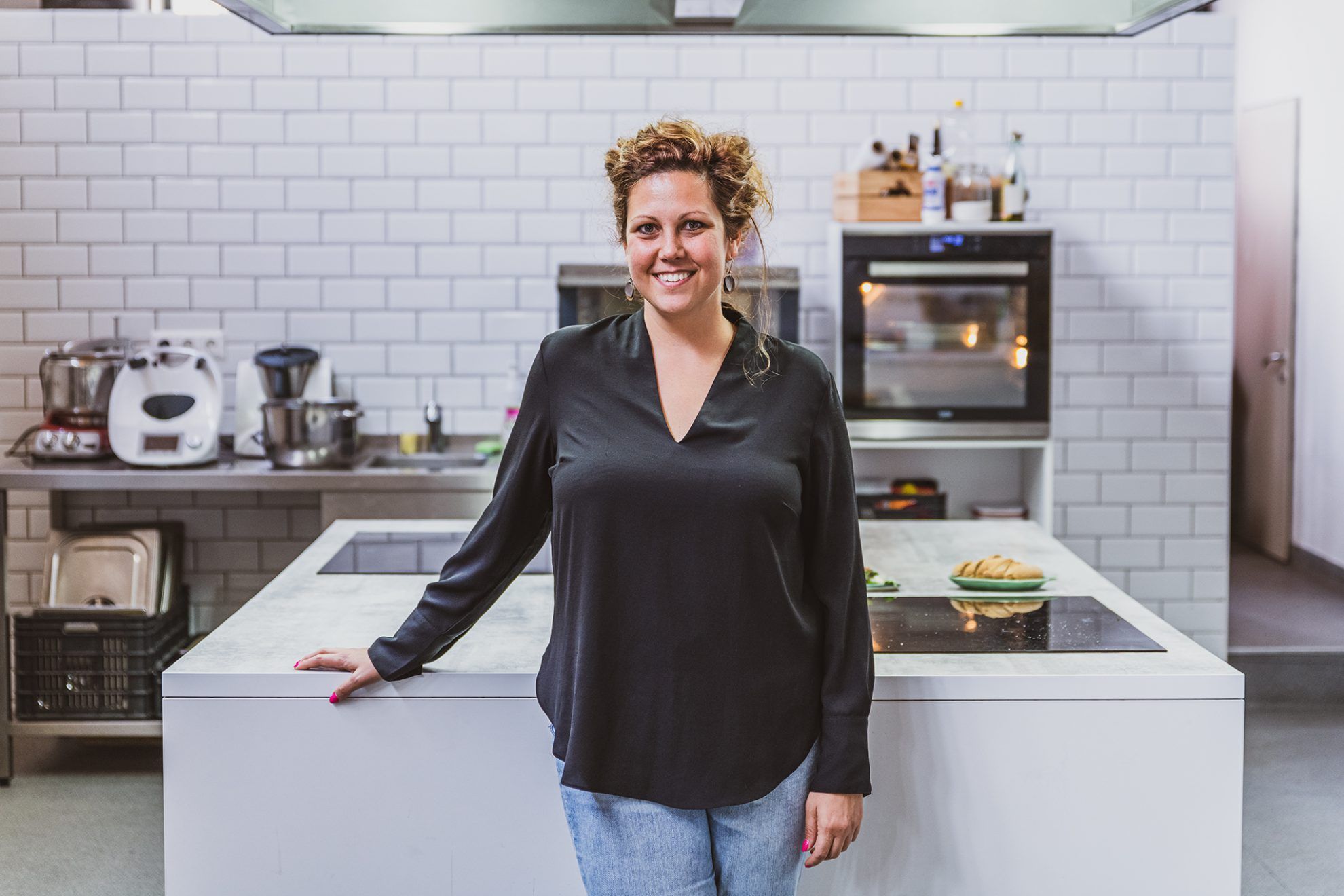
Similarly to Zita, for the founders of Etesd a dokit! it is very important to take care of and provide help to others, so they also consider spreading this mentality important beyond their project. They believe that instead of dissension, joining our forces is the only way forward, and they set an example to everyone. They managed to bring a smile to the face of others in a situation that can hardly be called optimistic, while they also grew to look at the world more positively. They created such a well-functioning system that it became clear: they must continue the project even when the current issue is resolved.
Gergő Varga
“I have delivered packages, food, practically anything I could take with a bike.”
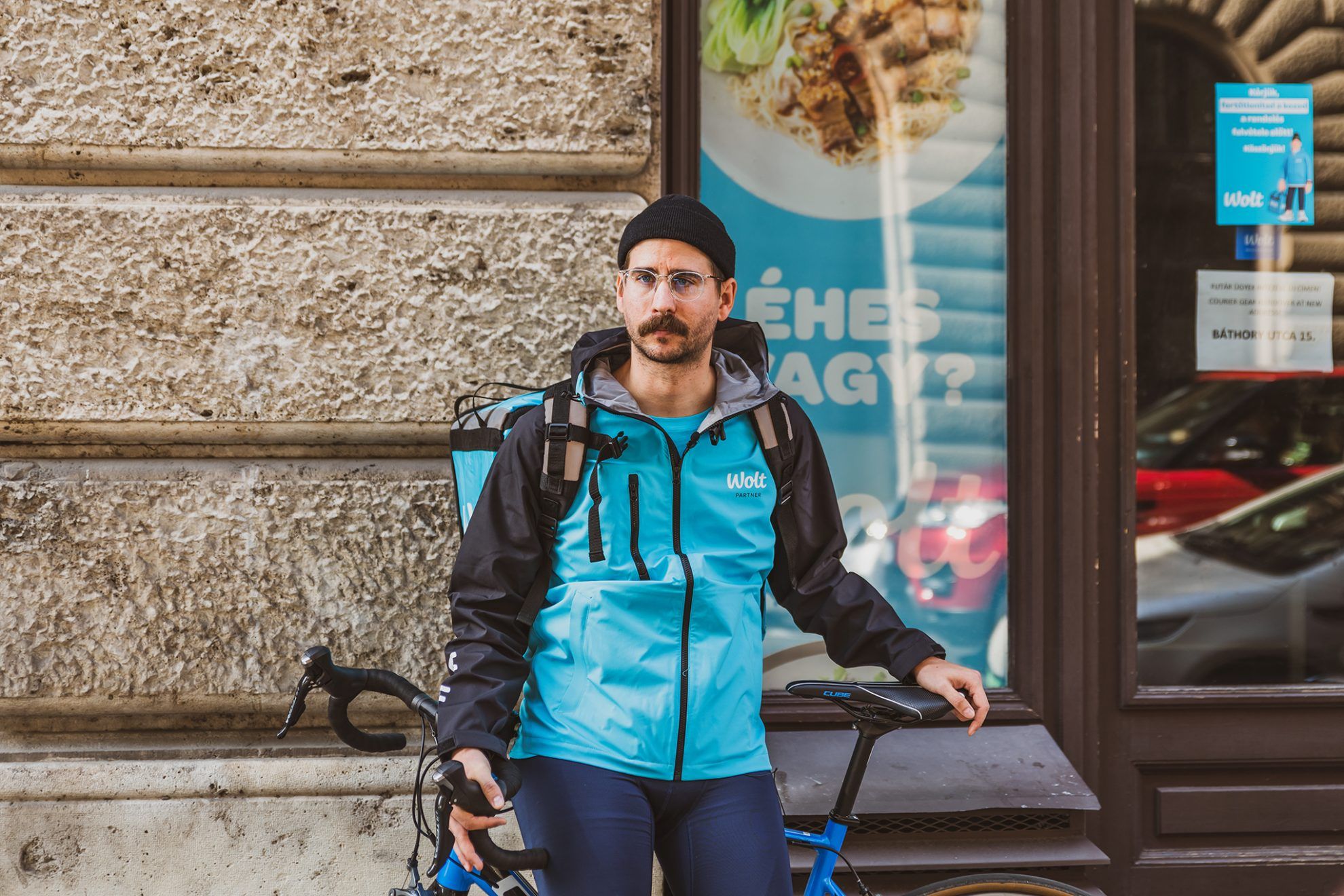
Gergő, who has two degrees, started doing delivery jobs while in university, because he had to pay rent and make a living. It provided a stable income and flexibility for him. In the beginning, he worked in part time, and then started to take on more and more jobs. He met a lot of people, he proved his abilities and so he could work for better and better places. The world of couriers is also interesting from a social point of view: its an active community encompassing 1500-2000 people with their own dynamics and communication. The flow of information is one of the most important tools for couriers, may it be about traffic situations, sports or helping each other.
Ilona Sebestyénné Földes “Cica néni”, Dániel Andrusch
“There is no Róma without Cica. I learn from her.”
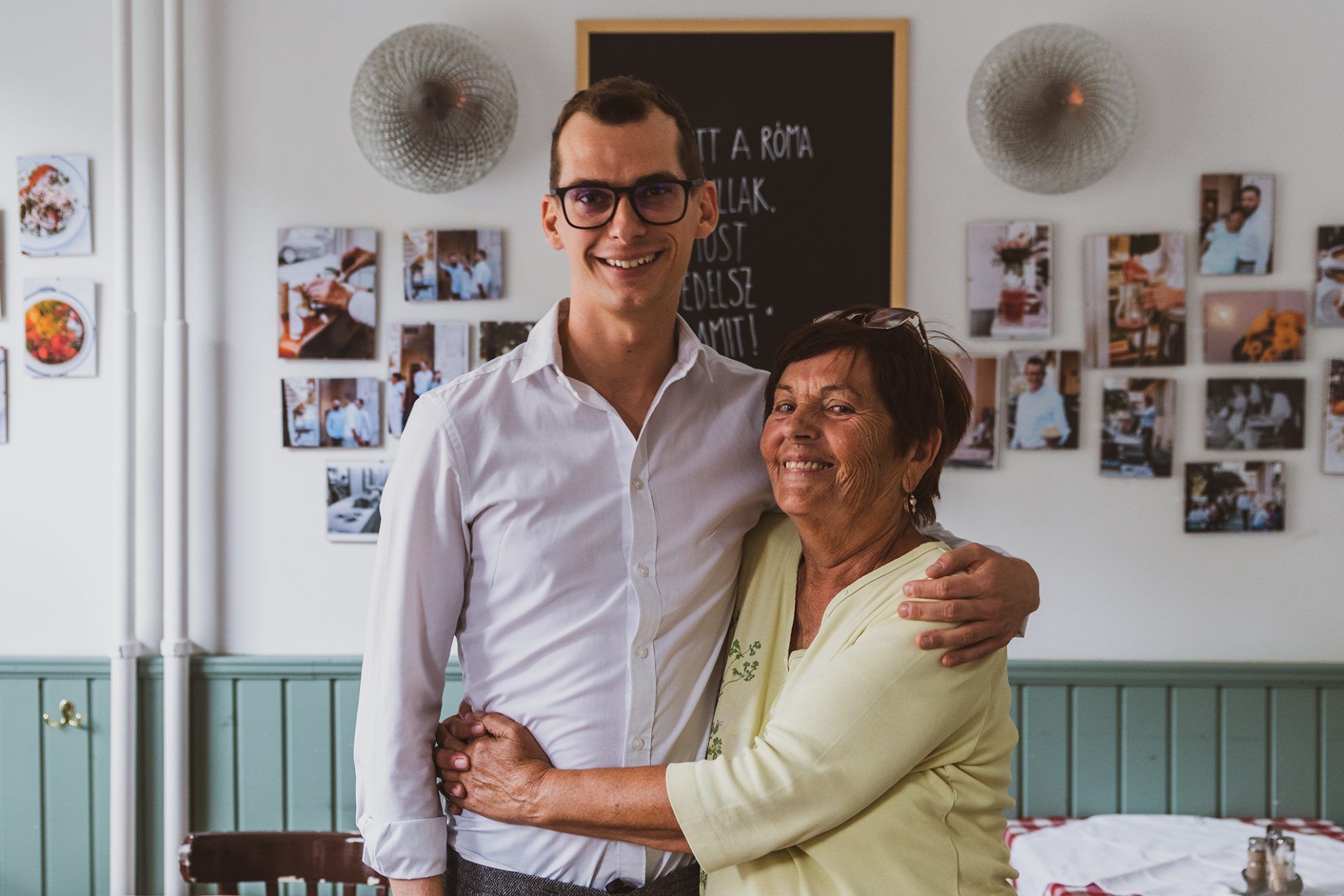
When Róma eatery closed in 2018 after 32 years of operation, people were standing in long lines before the door on the last day to have one last meal and to give one last hug to the iconic owner of the place, Cica mama. Róma was permanence itself in Buda, an experience the loss of which aches, and the absence of which leaves a hole in the heart of regulars and locals. Neither the guests standing in line nor Cica néni would have thought at the time that they would only have to make do without orja soup and meatballs for two years. Lucky for all of them, the story didn’t end there, and a team of entrepreneurs arrived a year later who saw potential in the place and, on top, who didn’t want to open a new place, but a give a new life Róma itself.
The new owners and owner-manager Dániel Andrusch knew that the eatery would be nothing without Cica mama, so she was the first to whom they proposed the idea of reopening. Cica happily said yes to the new beginning and provided them all things that were needed to create a Róma eatery that is a worthy successor of the former.
Eszter Laki
Named Ping, Budapest’s first Chinese restaurant operated on former Moszkva tér for more than twenty years, before Pingrumba opened in its place. The group of friends also bringing Dobrumba to life were consciously looking for a place in Buda and then they saw the potential in the place that used to give home to Ping. Leaving the classic Chinese style and cuisine behind, they imagined a sister to Dobrumba here, that would liven up the gastronomy of Buda and could become a place that people visit happily on a regular basis.
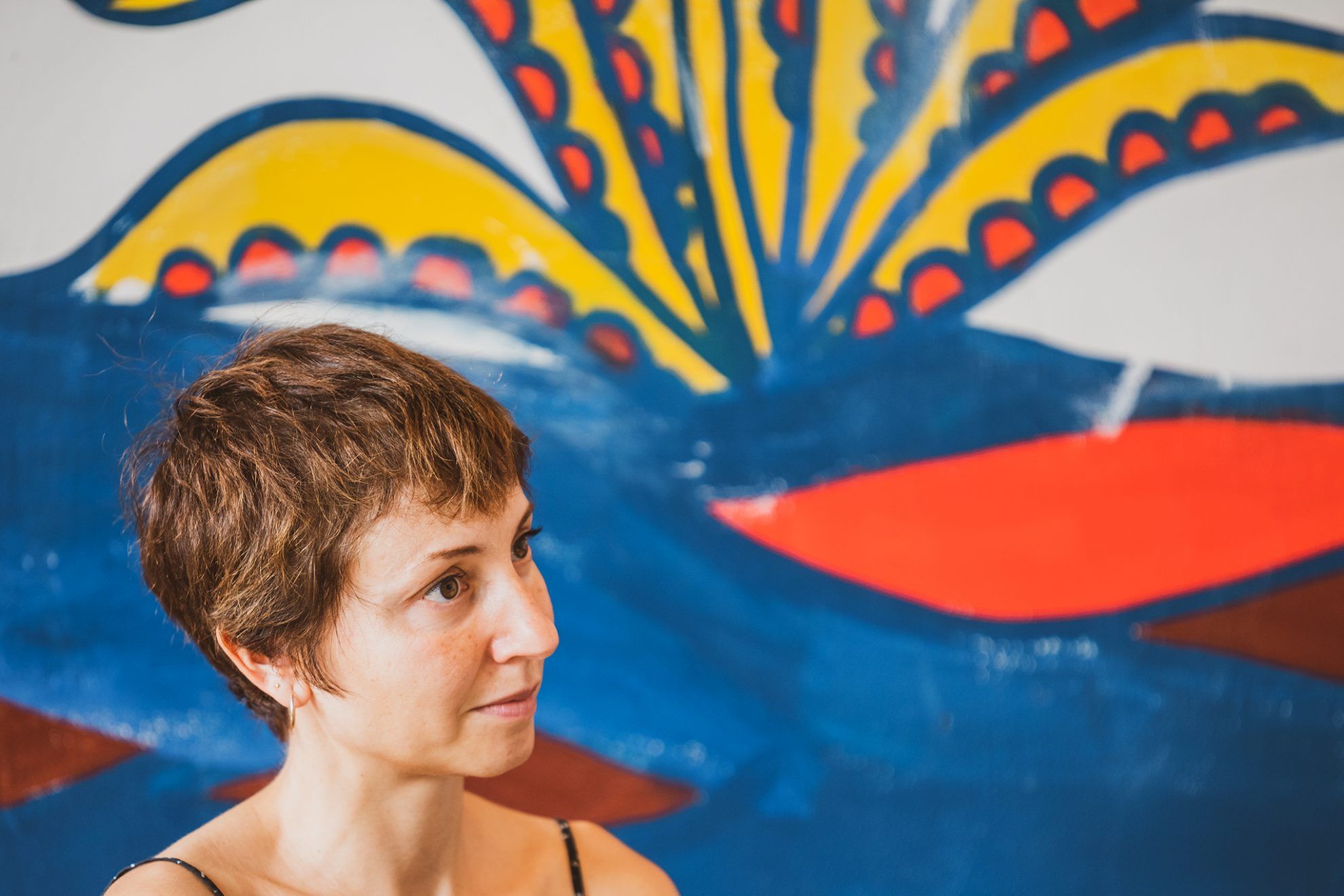
“Pingrumba was also inspired by our travels, as one can only represent authentically what they know.”
The same as in the case of the restaurant in Pest, Pingrumba’s concept was also inspired by the travelling experiences of the owners, however, in the spirit of opening up to the East, instead of Mediterranean cuisine, here the meals guide us from Calcutta to Cairo. In addition to the menu, the owners also placed a great emphasis on composing the drinks menu: the selection accompanying the meals perfectly is a result of lengthy research.
Photo | Dávid Horpáczi
Video | Gergő Sepsi
Piqniq Budapest | Web | Facebook | Instagram
In their joint campaign, Piqniq Budapest and Mastercard present the figures of Hungarian gastronomy businesses through 25 topics: hospitality workers, professionals, suppliers and experts related to the field share their experiences in an authentic manner. Come and get to know them more in our weekly series!

Highlights of Hungary 2020 | Vivien Mádai
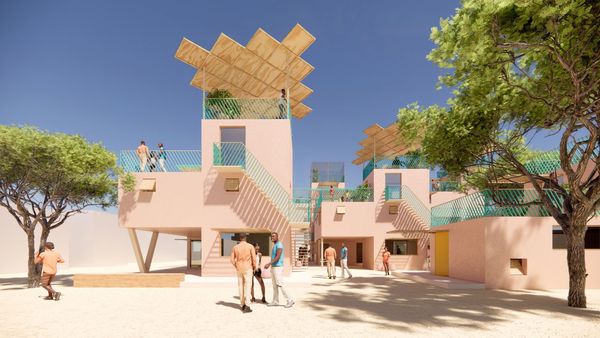
A city built of recycled waste
